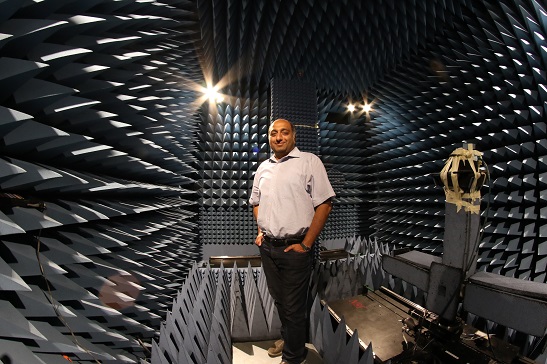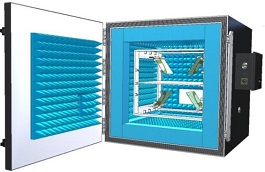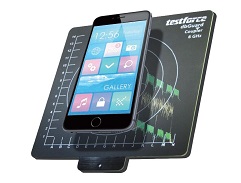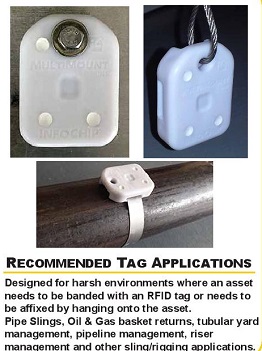
Dr. Mousavi in the University of Alberta's, antenna measurement chamber
Industrial Research Chair, Mechanical Engineering Professor, Dr. Pedram Mousavi, has released to the market 3 new products, which he developed during the first term of his IRC. During the first term of his IRC, Dr. Mousavi worked with 6 different industrial partners developing intelligent, integrated sensors and antennae to develop and improve Internet of Things (IOT) and 5G solutions.
Because IOT and 5G devices are wireless, their quality control requires over the air testing (OAT). Dr. Mousavi worked with a company called Testforce to develop quality control testing solutions and has released two products with this company.
"Because there is no input port for testing wireless devices, you have to test the quality of the signal strength and modulations through over the air testing," explains Mousavi. "They put the device into a shielding chamber and run the device."
The chambers are equipped with sensors or antennae that receive signals in a wide range of frequencies and Mousavi developed sensors for two of Testforces' OAT applications.


The third product Mousavi developed over his first 5-year IRC term is a Radio Frequency Identification (RFID) tag. A common example of RFID tags are the plastic tags on clothes that must be removed before you can take them out of the store. Companies use RFIDs to track assets in commercial and industrial applications. Currently, RFID tags can function in normal environments, with moderate temperatures and humidity levels. What's more, because the tags put out radio signals, they do not work well on metal surfaces. Working with InfoChip, Mousavi has developed a technology that protects the tag from harsh environments, and mitigates the negative interaction between the radio signals and metal surfaces.

Dr. Mousavi's IRC has been extended for a second term. He is working with 4 information technology companies, applying technologies he has already developed to new applications.
"We will work to implement devices that will enable communication over pipelines, develop smart cities and autonomous vehicles. We will also implement technologies to improve the characterization of the devices," says Mousavi.
At the same time, Dr. Mousavi is working with investors, Landmark Homes and Levven Electronics, to commercialize a zero-power wireless sensor node that can operate for long periods of time in inaccessible environments. He will also continue to work with Testforce to offer full OAT solutions, including advanced characterization and measurement software, in addition to the products that came out of his first IRC.